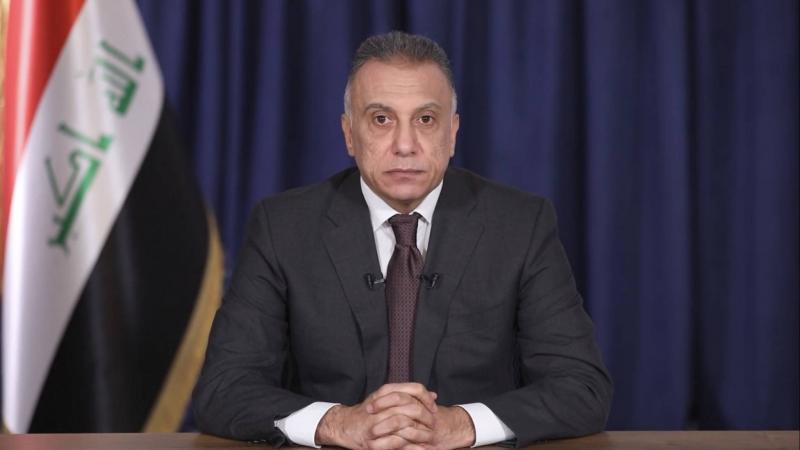In his first comments regarding Saddam Hussein's corpse and its location, former Iraqi Prime Minister Mustafa Al-Kadhimi revealed that he saw it between his home and Nouri al-Maliki's house in the Green Zone after the execution. He explained that he saw a group of guards gathered, and he requested them to step back out of respect for the deceased.
In a press interview with Asharq Al-Awsat published on Sunday, he stated that he ordered it to be handed over at night to a leader of the Al-Nida tribe (Saddam Hussein's tribe), and they received it from the Green Zone before it was buried in Tikrit. However, he added that after 2012, when ISIS took control of the area, the grave was desecrated, and the body was moved to a secret location that is unknown to anyone to this day. The graves of his sons were also tampered with.
Regarding the Iraqi role in eliminating the first leader of ISIS, he explained that confessions from detainees led to a buried document in the desert, which Iraqi security managed to uncover, assisting the Americans in killing Abu Bakr al-Baghdadi, the leader of the terrorist organization.
On the arrest of members of his government related to the "theft of the century" case, he believed that "some are trying to demonize him and blame his government for all the flaws of the political system and previous governments over the past twenty years." He disclosed that corruption consumed over $600 billion of Iraq's funds, used for the benefit of individuals, partisan, and military entities, as well as regional roles. He stated: "There are those who want to clean their bad historical record in governance, so they blame Al-Kadhimi’s government which has no party, militia, or parliamentary bloc."
He also admitted that his government failed to address the problem of loose weaponry, especially after repeated assassination operations targeting political activists, which were "sometimes carried out by elements that infiltrated the security forces during previous governments."
It is noteworthy that Al-Kadhimi served as Prime Minister from May 2020 until October 13, 2022, following the conclusion of parliamentary elections during a politically and security-challenging period in the country, particularly marked by repeated assassinations of Iraqi activists and politicians. In 2021, he also survived an assassination attempt when his home in Baghdad was targeted by a drone amid ongoing tensions with Iran-aligned armed factions.




